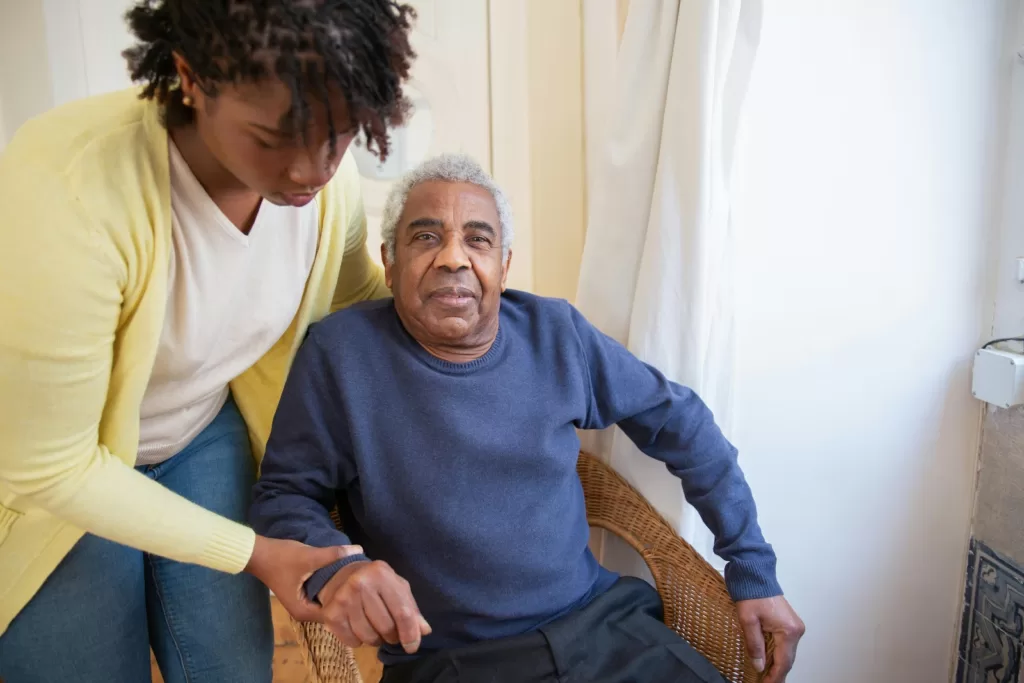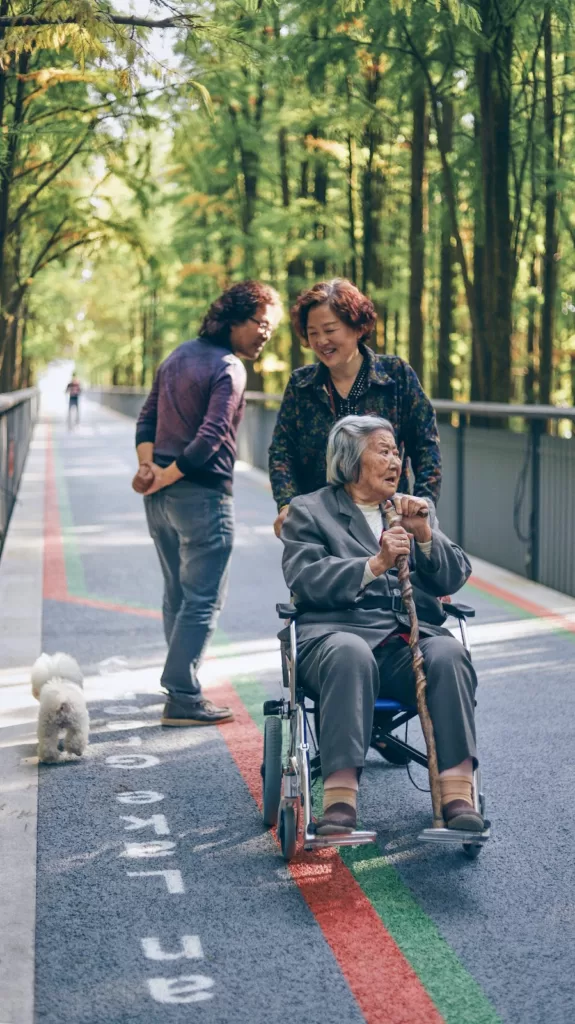Updated on May 17, 2024

People with disabilities need some level or a significant amount of help daily. Supported Independent Living (SIL) is a structured framework that empowers and assists these individuals with the help they need, while still allowing them to live independently.
SIL services typically cover various aspects including accommodation, personalized care, support services, social services, accessible medical and emergency services, life skills, funding, and provider responsibilities.
These services vary depending on individual needs and preferences, but generally, SIL aims at providing support for people with disabilities. With Supported Independent Living, individuals are provided with an environment that promotes independence while ensuring a comfortable and safe space.
Benefits of Supported Independent Living (SIL) for People with Disabilities
1. Enhanced freedom and independence
This is a major goal of SILs. With SILs, individuals are empowered to take the lead and navigate their everyday lives by choosing their own living arrangements, that is, they make their own decisions – when to do what they want to do and hold the reins in managing their lives. By doing this, individuals feel a sense of confidence and self-accomplishment.
2. Individual support
Different people need different levels of support or have different needs. SIL services provide assistance and management in just the right proportion in which it is needed. This support can be either emotional, in managing medications, cooking, cleaning, and even personal care. All these are instrumental in improved health and safety.
3. Learning new skills and developing old ones
SIL affords individuals the opportunity to learn and develop skills. When being taught how to communicate better, manage, plan and budget, transport themselves, cook, etc, they are enhancing life skills. This increases their capabilities to take on more responsibilities and contribute to personal growth. They may also learn new hobbies and find new interests which opens their minds to new ideas and perspectives.
4. Communal living
With SIL, individuals live and interact with people daily, which gives them a sense of belonging and inclusion, and contributes to emotional wellness. It also motivates social interactions with other people, builds friendships and allows them to become actively involved in their communities, thereby avoiding isolation and also contributing to community life.
>> See Our Supported Independent Living Vacancies
Who is eligible for SIL?
Supported Independent Living is suited for individuals with disabilities who need help throughout the day, seven days a week, but also want some form of independence as well.
What is the difference between SDA and SIL?
SDA (Specialist Disability Accommdation) and SIL are both accommodation options provided by the NDIS for people with disabilities, but their levels of support and home requirements mostly differ.
SDA is made available for people with very high support needs which demand extensive care. The homes are also purpose-built to meet the needs of the individuals who live in them.
Supported Independent Living assists you with basic needs for everyday living, whether in your own home or shared homes while ensuring that your needs are met and still promoting independence.
What is an SIL package?
This is an NDIS package that people with a disability have access to in order to live independently or with a group of people with all the support they need.
What are the types of SIL?
SIL types differ based on preferences and the level of assistance required.
Group homes offer a shared living arrangement with 24-hour service. Typically, some residents have private rooms and shared areas like kitchens, bathrooms, and living rooms.
Boarding houses are less structured than group homes and more independent for residents. The residents are allowed to clean, do personal care, and so on.
Independent living units are self-contained for individuals who need a low level of support. There is more privacy and more independence for residents.
Shared living agreements allow individuals to live with a caregiver who supports them with daily activities.
Hostels are like boarding houses but are mostly for individuals who are transitioning from a more structured living arrangement to something more independent and flexible.
Looking for reliable Supported Independent Living services?
At Centre Disability Support, we offer tailored support services for individuals with disabilities throughout Australia. Whether you’re seeking support for yourself, a loved one, or simply wish to learn more about our services, we’re here to help.
Learn more about how Supported Independent Living (SIL) works with us.
MORE FROM CENTRE DISABILITY SUPPORT
Supported Independent Living Vacancies
Supported Independent Living (SIL)
Is Bipolar Disorder a Disability?




